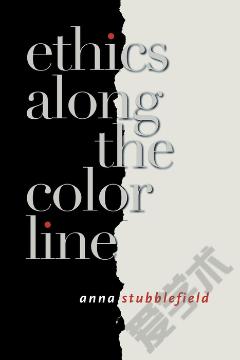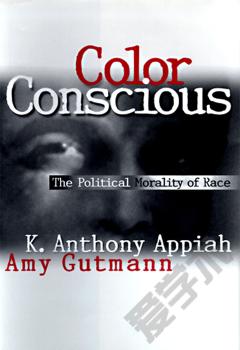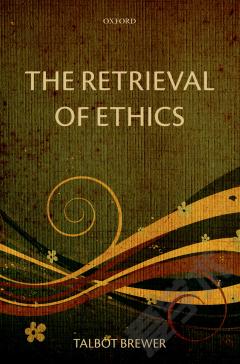Ethics along the Color Line
What is "race"? What role, if any, should race play in our moral obligations to others and to ourselves? Ethics along the Color Line addresses the question of whether black Americans should think of each other as members of an extended racial family and base their treatment of each other on this consideration, or eschew racial identity and envision the day when people do not think in terms of race. Anna Stubblefield suggests furthermore that white Americans should consider the same issues. She argues, finally, that for both black and white Americans, thinking of races as families is crucial in helping to combat anti-black oppression.Stubblefield is concerned that the philosophical debate—argued notably between Kwame Anthony Appiah and Lucius Outlaw—over whether or not we should strongly identify in terms of race, and whether or not we should take race into account when we decide how to treat each other, has stalled. Drawing on black feminist scholarship about the moral importance of thinking and acting in terms of community and extended family, the author finds that strong racial identification, if based on appropriate ideals, is morally sound and even necessary to end white supremacy.
{{comment.content}}








 京公网安备 11010802027623号
京公网安备 11010802027623号